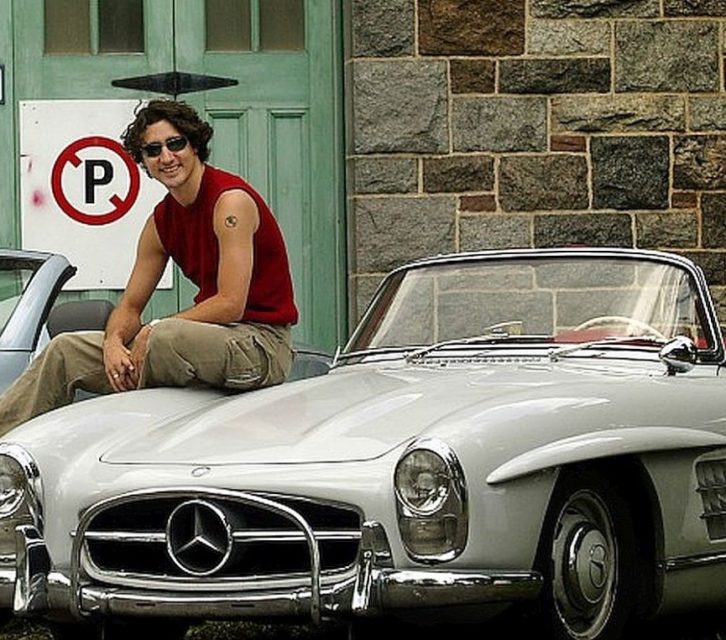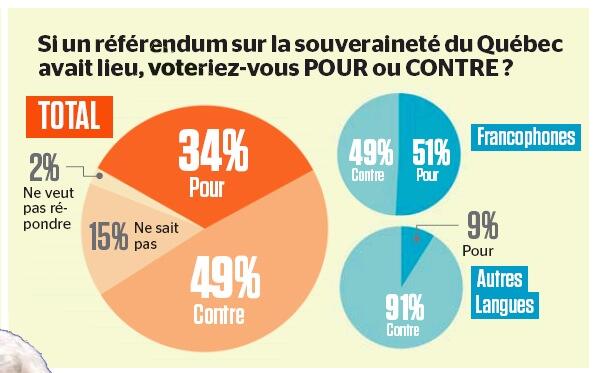Chris Selley on the Quebec provincial government’s latest anti-Muslim legislation:
It’s mostly about the Quiet Revolution. That’s what we’ve been assured by wise owl pundits about all this intolerant-looking rigmarole in Quebec. When polls show far more Quebecers than other Canadians hesitant to vote for a turban-wearing Sikh like NDP Leader Jagmeet Singh, the owls exhort us to contextualize: Quebecers’ rejection of the Catholic Church’s outsized role in their society left them suspicious of all public displays of religiosity (except Catholic ones, weirdly). This explains higher levels of antipathy toward other religious symbols as well, we are told: kippas, kirpans and hijabs. Hijabs specifically are antithetical to a uniquely French brand of feminism, the owls explain. We must understand that French Canadians, like the French, simply do not believe in multiculturalism; other cultures must adapt to and exist within the dominant one. Without understanding all this, we cannot comprehend what’s really happening.
Well, here’s what really happened Wednesday: after years of dithering, the Liberal government in Quebec City made it illegal to provide or receive government services with one’s face covered — which is to say no niqabs on university campuses, no niqabs at the police station, no niqabs on the bus or on the Métro. Not even the Parti Québécois’ much-loathed values charter proposed the latter. So what are we to make of this, owls? Was the Quiet Revolution, this proud rejection of church influence over the state, really about bestowing upon the state the power to tell religious people what they can and cannot wear on buses and trains? Shall we sing Gens du Pays?
How stupid do the Liberals think people are? How stupid do they think Canadian judges are? Stupid enough, apparently, to believe that this isn’t really about niqabs, but about a general outbreak of people riding public transit without their faces showing. Justice Minister Stéphanie Vallée said the rule applied equally to niqabs, balaclavas, dark sunglasses and anything else that might obscure all or part of the face. It’s a simple matter of “security, communication and identification.”





